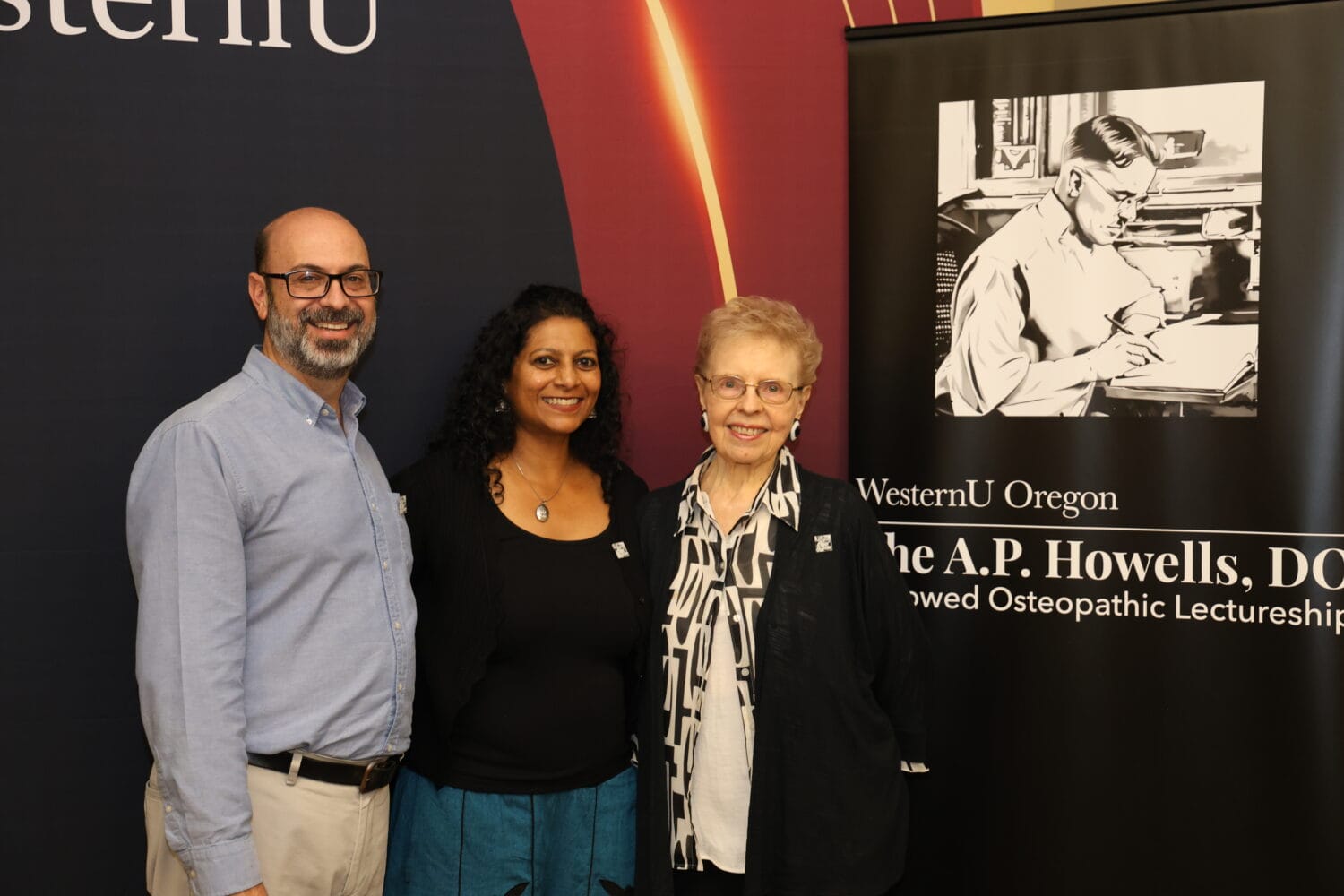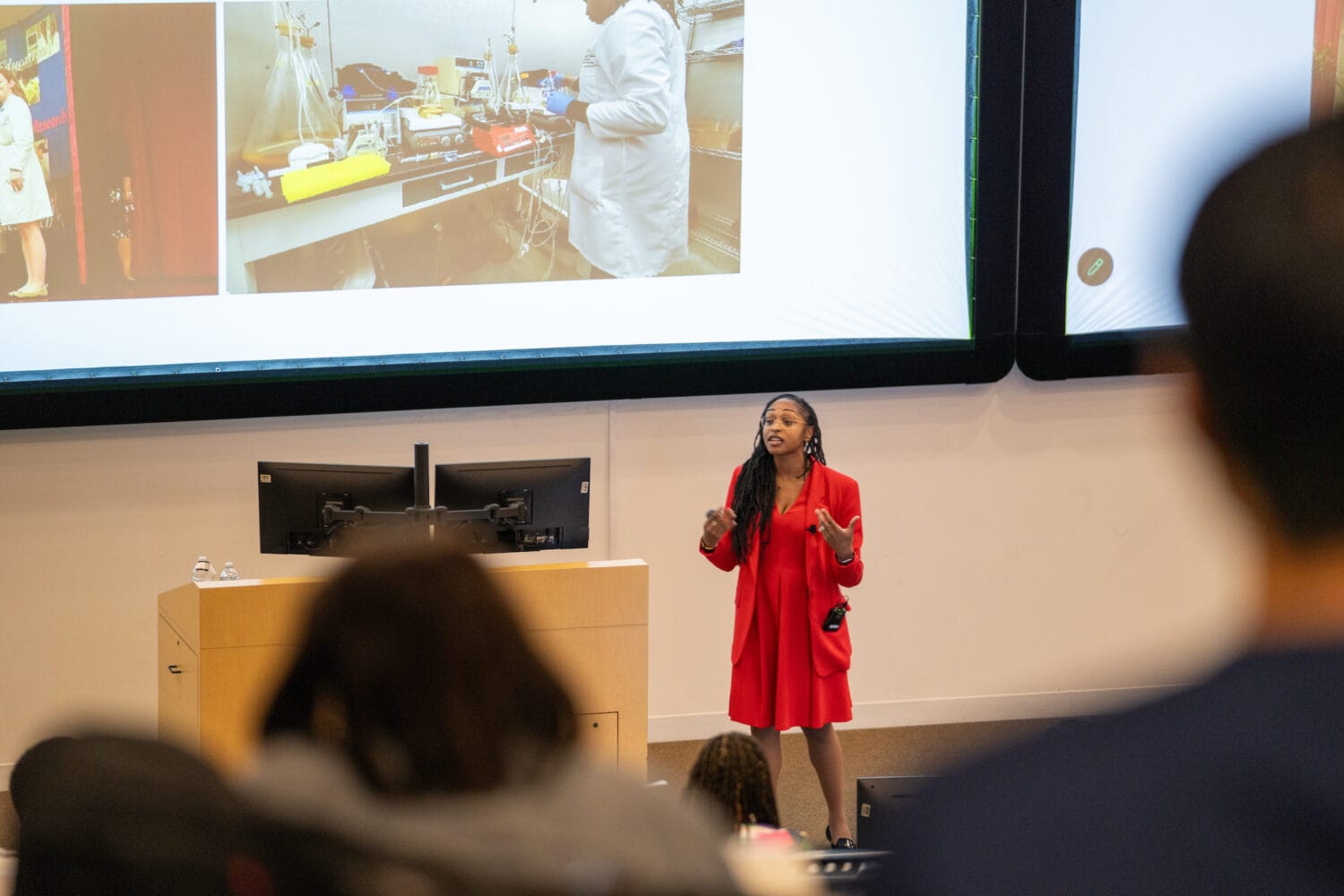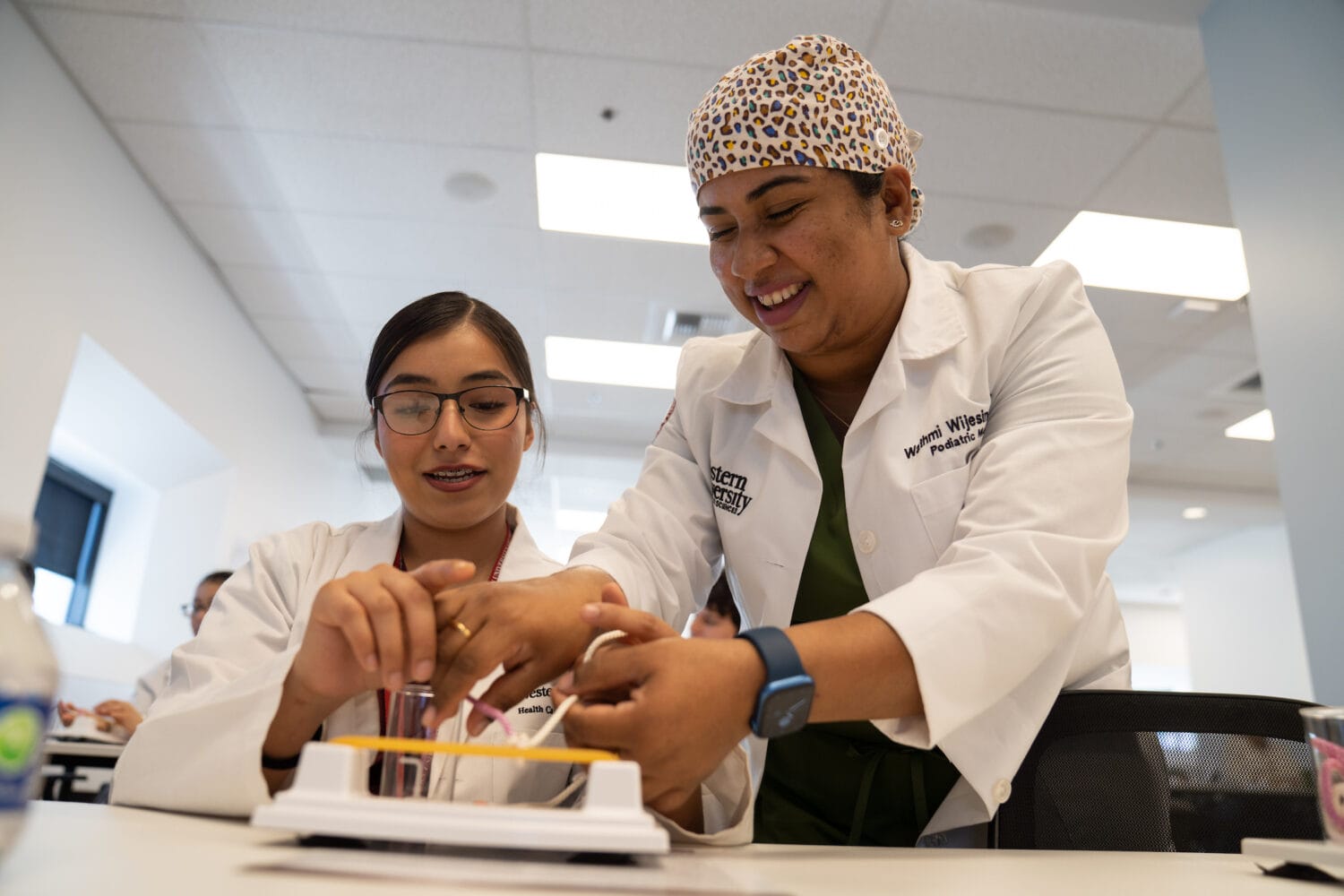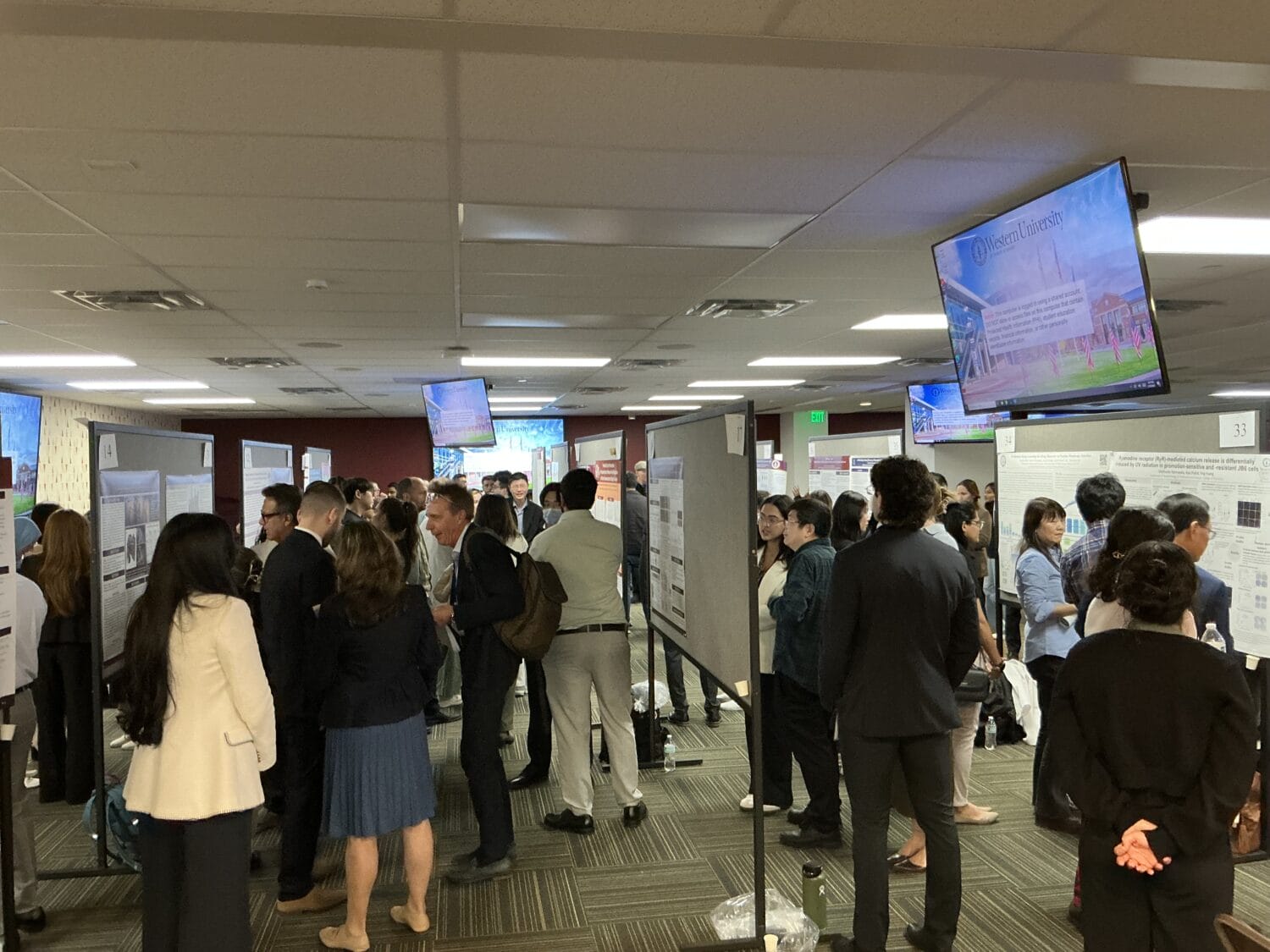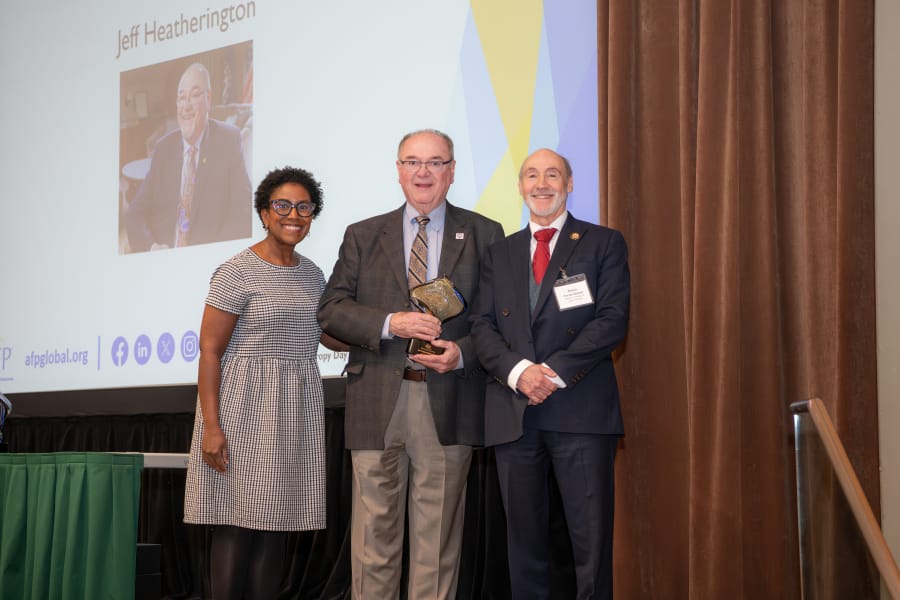WesternU COMP-Northwest’s inaugural A.P. Howells, DO, Endowed Lectureship encourages patient-centered care through narrative medicine
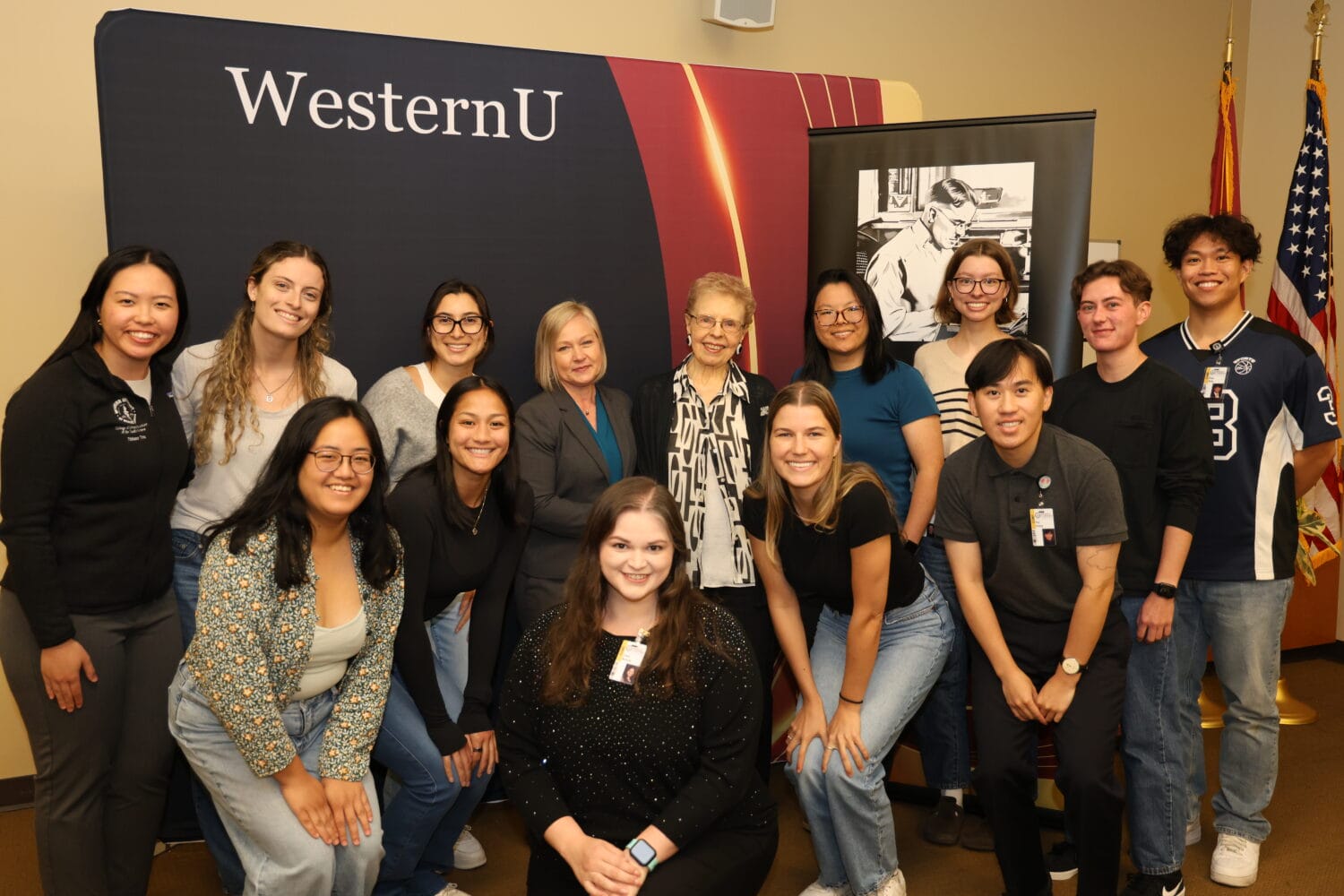
On Saturday, August 16, 2025, Western University of Health Sciences’ College of Osteopathic Medicine of the Pacific-Northwest (COMP-Northwest), which is in the process of transitioning to its new name, the Heatherington College of Osteopathic Medicine, held the inaugural A.P. Howells, DO, Endowed Lectureship, featuring guest speakers Nalini Velayudhan, DO, who led an engaging workshop on the significance of narrative medicine, and Brian Loveless, DO ’02, who provided hands-on training.
Bringing together health care professionals, scholars, and advocates of patient-centered care, narrative medicine strengthens clinical practice by fostering close listening, reflective thinking, and collaborative communication. Narrative medicine is an approach to health care that uses the power of storytelling to deepen understanding between patients and providers. Through the thoughtful analysis of patients’ stories, it enhances teamwork, improves care quality, and empowers patients to take an active role in their health journey.
According to Dr. Velayudhan, narrative medicine is grounded in three core pillars: attention, representation, and affiliation. Attention refers to a provider’s ability to truly listen to the patient’s story. Representation involves how the clinician interprets, summarizes, and documents that narrative. Together, these practices support the ultimate goal of narrative medicine: affiliation, a collaborative, trusting relationship between clinician and patient that fosters health and wellness.
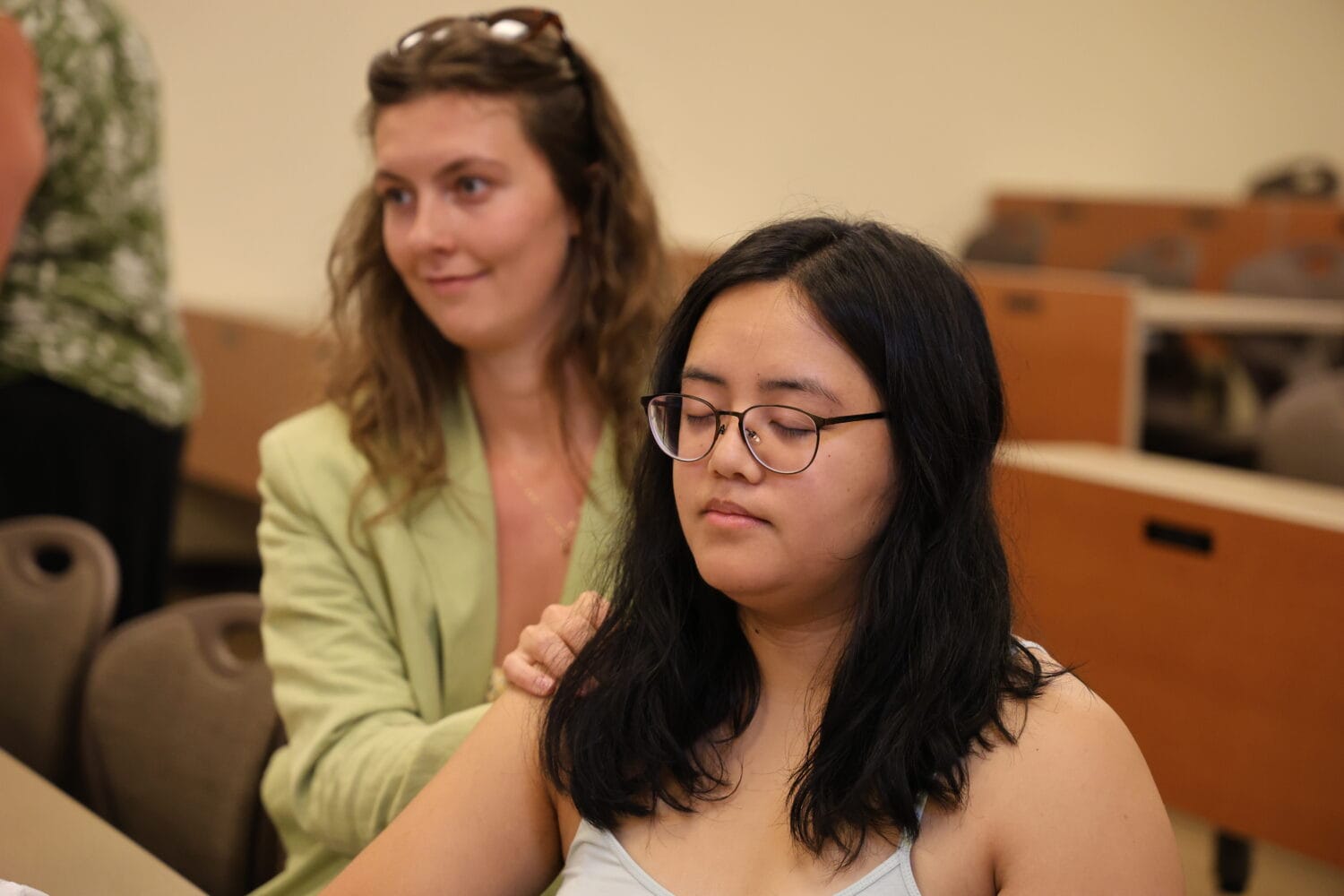
Following Dr. Velayudhan’s lecture, Dr. Loveless explored how narrative medicine intersects with osteopathic manipulative medicine to support informed, patient-centered care. He described attention as being present through palpation, tuning into breath, tone, and subtle cues in the patient’s body. Representation, in this context, means not just noticing physical problems, but recognizing somatic dysfunction as part of the patient’s lived experience. Ultimately, affiliation emerges through trust, connection, and healing facilitated by touch.
During the workshop, Dr. Loveless shared a personal clinical experience in which physical touch became a powerful tool for connection, demonstrating the profound role it can play in fostering compassionate, patient-centered care.
“A patient that I saw during COVID in an urgent care setting came in. She had recently been hospitalized for a week for COVID, and she was still feeling short of breath, so she came to urgent care to get checked out. I listened to her story and then I went over to do an examination, and I put a hand on her shoulder as I auscultated the lungs, as I always do, and she reached up and touched my hand,” said Dr. Loveless. “We finished the exam, I sat back down, and she said ‘I’m sorry. I probably shouldn’t have done that.’ I said, ‘No it’s absolutely fine,’ and she responded, ‘You know, I spent a week in the hospital and nobody touched me.’ Just that simple act and she was already breathing better. I think she just needed somebody to see her. Physical touch can be so additive to what we do.”
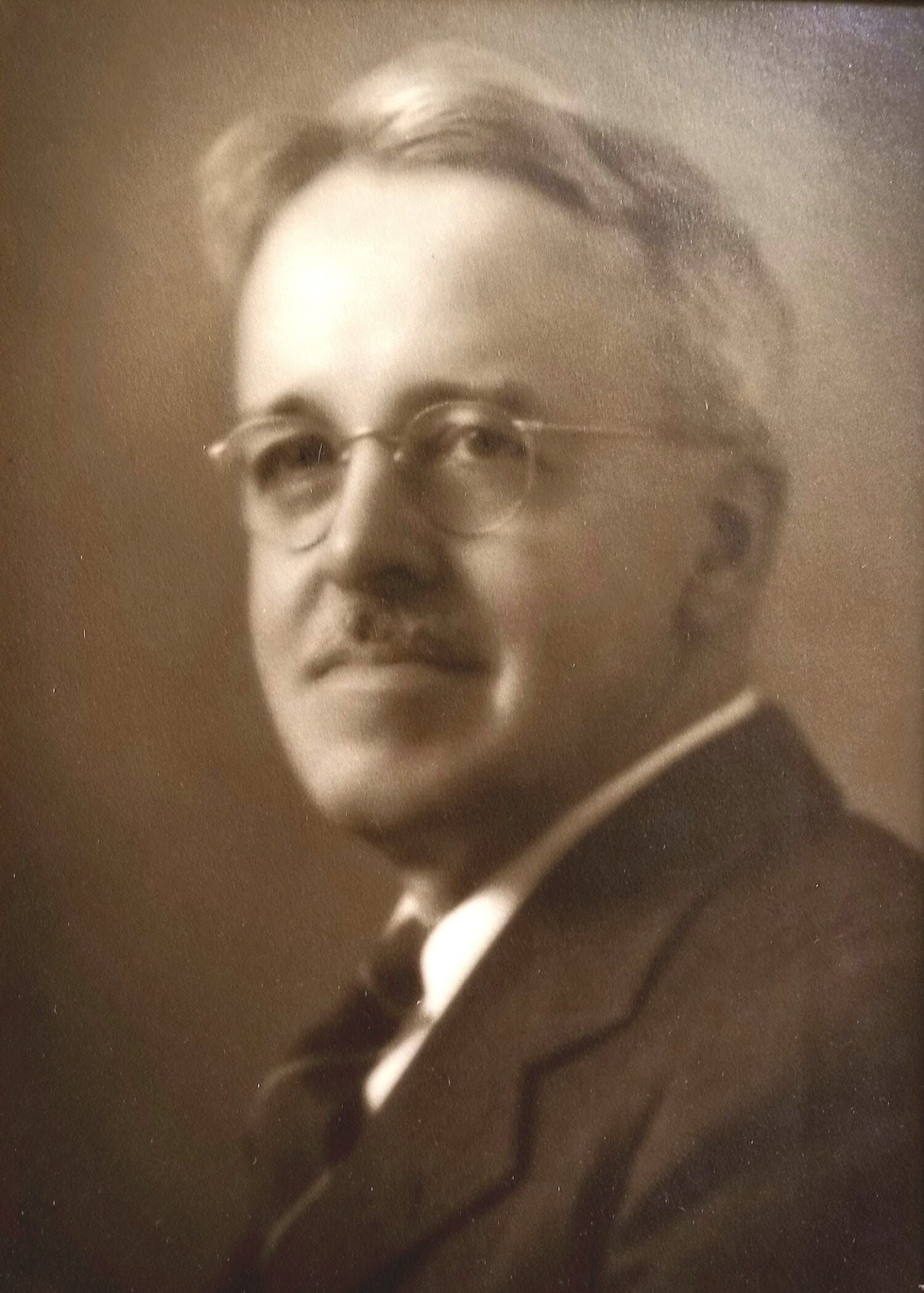
This lectureship honors the extraordinary medical legacy of A.P. Howells, DO, and is made possible by the generosity of his daughter, Jocelyn Howells. Dr. Howells graduated from the A.T. Still College of Osteopathic Medicine in 1911 before moving to Oregon and starting his practice in Albany. He dedicated his life to providing patient-centered care and has left a profound impact on the osteopathic profession.
“My father was an exceptional human being. He was very intelligent, and he was very wise,” Jocelyn Howells said. “And he also memorized thousands of jokes. He had a joke for every patient. The first thing he did when he got in a consultation room with a patient was lay a joke on them. I worked for my father from when I was 12 to 18 during the summers and on weekends and I could hear the patients laughing. That’s how I learned he was memorizing these jokes.”
Dr. Howells approached patient care with a holistic, human-centered perspective, recognizing that true healing involves more than just treating physical symptoms. He consistently considered his patients’ emotional and psychological well-being, often collaborating with his sister, Dr. Mary Howells, a psychiatrist and fellow osteopathic physician, to ensure a more complete understanding of each individual’s needs.
“They discussed all their patients weekly from the point of view of what is going on emotionally and mentally and how it affected their physical health,” Jocelyn Howells said. “This was a really important aspect of who he was as a doctor and understanding how to diagnose his patients.”
